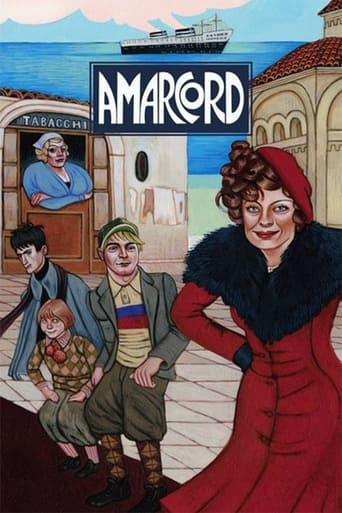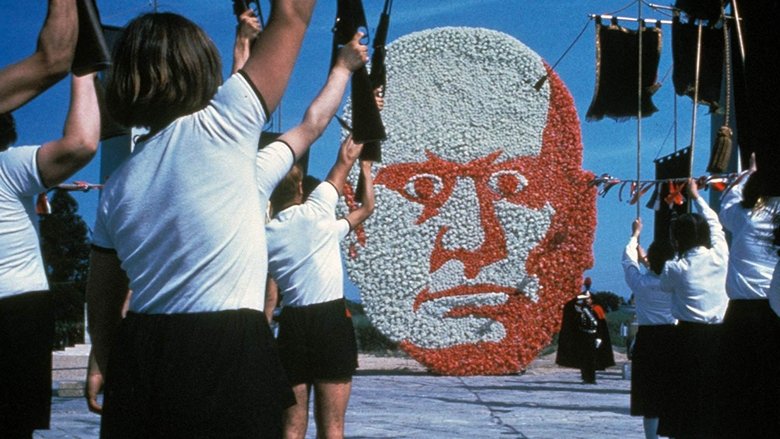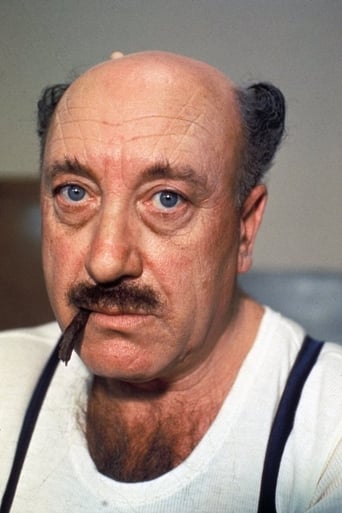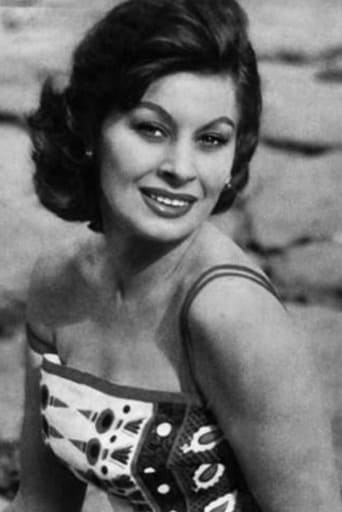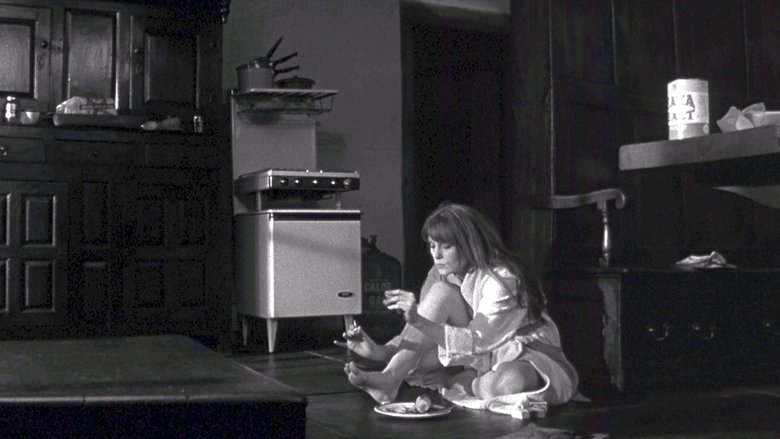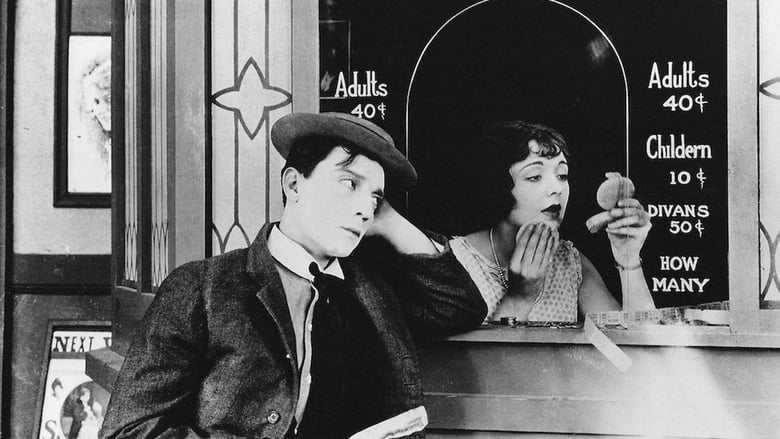In an Italian seaside town, young Titta gets into trouble with his friends and watches various local eccentrics as they engage in often absurd behavior. Frequently clashing with his stern father and defended by his doting mother, Titta witnesses the actions of a wide range of characters, from his extended family to Fascist loyalists to sensual women, with certain moments shifting into fantastical scenarios.


Similar titles

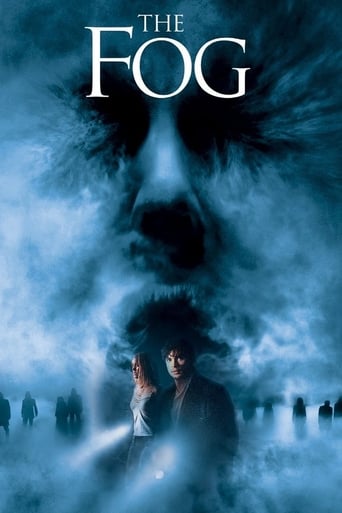



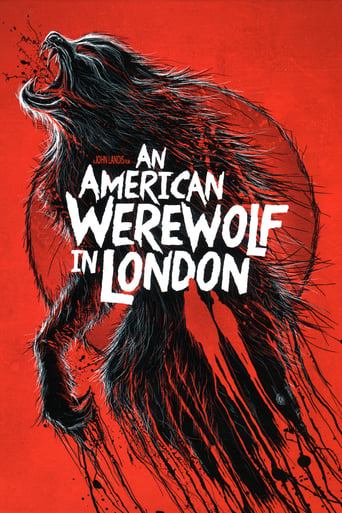
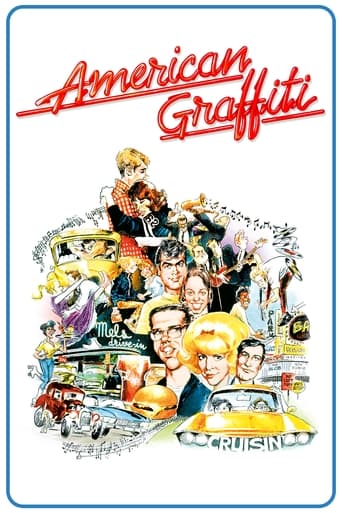
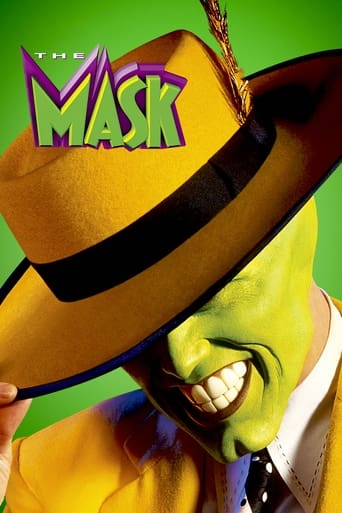

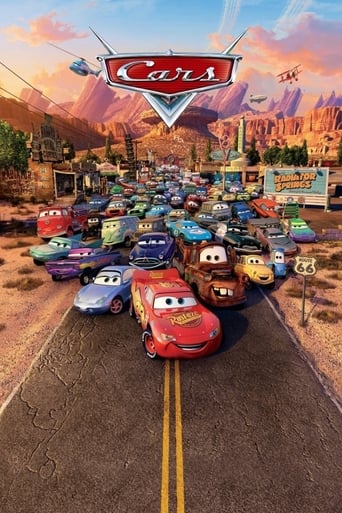
Reviews
True masterpiece, in all its complexity - fun before everything (and this movie certainly contains everything life is about - growing up, family, political, mental health, loss and various life issues presented with such warmth, wisdom and humor). I have watched Amarkord a dozen of times since I first saw it in the mid 1990's - since then I watch it every couple of years and enjoy the movie everytime even I know it by heart.
Amarcord is an episodic coming of age film from Federico Fellini. The film might have some autobiographical elements but it is a fee flowing almost anecdotal film of eccentric characters including some buxom women in the village of Borgo San Giuliano in 1930s Italy where Fascism is on the rise.There is buxom Gradisca who runs a beauty parlour and arouses men's passions. Volpina the thin blond good time girl, the rotund and even more buxom tobacconist, the tiger like blond schoolteacher. In amongst this is adolescent Titta who plays pranks including on his father who gets extremely irate and his mother who always has to come to his son's defence.The other boys in the town regularly touch themselves and the local priest is obsessed with whether the boys touch themselves and accuses them of masturbating as soon as he looks at them.The film has fantasy sequences such as when a Sultan checks in the Grand Hotel with his harem. It has dark sequences as when Titta's socialist father is brought in for questioning by fascists and abused.The film consists of little vignettes, it opens with a sequence of puffballs signifying that the winter is gone. There is a sequence where fog is so heavy a man cannot find his house even though he is standing outside it.The film in some ways accompanies Fellini's 81/2 and lacks the tight narrative structure of La Strada. It does feel bloated and also strangely empty. This is signified by the ending because it just ends.
A creation can be specifically located in time and space but carrying timeless and universal significances, that's the mark of the greatest artists. Fellini –again- accomplishes this compromise in "Amarcord" with an incomparable virtuosity.All Fellini's films, encapsulate a part of Italy's heritage and/or population but "Amarcord" is probably the most explicitly autobiographical. Reassembling through a succession of little vignettes his youth memories in a small town named Borga, Fellini paints the flamboyant portrait of colorful and eccentric characters, so different yet so united that the town feels like a character. From Burcin, the compulsive liar street-vendor to Volpina, the blonde nymphomaniac, from an irascible blind accordionist to a tobacconist with giant breasts or the charming lawyer who pops up every once in a while to speak about the town's history, they all stick in our memories, even more because we all knew one of them in our youth.The most emblematic figure remains Gradisca, the local beauty played by Magali Noel, she was Fanny the nightclub dancer in "La Dolce Vita". The 'Lady in Red' is one of these immortal representations of Fellini's filmography along with Cabiria, Guido or Gelsomina, always parading in town swinging a beautiful derrière that invites for the most luscious fantasies. She's a living fantasy herself, coveted by men, envied by women; she's one of these privileged persons so beautiful that she can allow herself to be tempting. She also symbolizes the eternal interference of lust, sexual fantasy and boy's memories. "Amarcord" is a man's film but of a man exploring his inner adolescent, through Titta's character. Indeed, in boys' memories, sex takes a significant place. In a hilarious scene, that I could relate to as a guy who grew up in a conservative Mediterranean society, the religious instructor, a nerdy looking guy with huge glasses warns Titta about masturbation, an act that makes "Saint Louis cry". Titta delivers an interior monologue taking us a witness: how can he avoid touching himself with all the temptations surrounding him? Gradisca, Volpina, the fat- bottomed peasant women in their bicycles, the fat tobacconist? Titta crystallizes in one monologue all the frustrations of a generation lost between forbiddings and temptations. To a certain extent, Titta also embodies Italy's condition."Amarcord" is a rich film providing many layers of appreciation, but beyond the cheerful tone of the film, there's the commentary on the way Italy was conditioned by the grotesque Mussolini, and Church's omnipresence. In another memorable scene of the film, the fat boy pictures the huge statue of Mussolini's head marrying him to the beautiful brunette, Aldina. Submitted to authorities, little people were maintained in a sort of childhood condition that might explain their everyday insouciance. It's sad to see Gradisca hailing the Duce, unaware of the chaos he'll bring Italy to, and even sadder to see Aurelio, Titta's father, a brave communist working-man being harassed by the fascist police.Titta's family is another remarkable example of Fellini's capability to create characters that rapidly grow in our hearts, delirious and poignant in the same time, like so many clowns of life's circus act. After an argument with his wife Miranda, both threaten to 'kill themselves'. Anyone, who'd find that Fellini goes over the top, must consider the Family background in "Amarcord", when adults were no better than children. How can you also resist to the dim-witted uncle who climbs a tree and shouts, "I want a woman!" or when all the townspeople embark in small boats just to admire the SS Rex, the regime's greatest technological achievement. With Chaplin, Fellini is probably the only film artist who makes pathos so endearing."Amacord", echoes the self-referential aspect of "8½" and has the realism of his earlier work. As a great mix of nostalgic fantasy and realistic social commentary, "Amarcord" is one of his best works, precisely because it's the most accessible in both sides of his talent. "Amarcord" immediately mesmerized me. I could immediately relate to Titta, to the boys, we all had fantasies on women that fulfilled our noisiest nights, I can't count how many house maids made my nights, or how many teachers inspired me the most lustful thoughts. And still, it's a Fellini's film with its share of music, the nostalgia inducing tone of Nino Rota, parades and processions.And like many coming-of-age stories, the film follows a clear cycle, one year, starting with the arrival of puffballs floating in the air, announcing the spring. Whether it's by snow or fog, it's a time when people are still easily distracted. A snow fight is brutally interrupted by a piercing peacock's sound, only to see feathers floating in the air, a simple, magical and fascinating moment. I guess at the time the film was made, no one would care, radio, TV would prevent people from playing games, having parties, spending times together. Now, it's even worse, how can you even allow fantasizing at the pinnacle of the porn industry or when any girl can post her pictures in Facebook. Sex has been so trivialized that even the scene where Titta literally suffocates in the tobacconist's breast is more innocent than any clip from today's television.Indeed, "Amarcord" is the eulogy of a lost innocence, it ends with these Felliniesque parties where Gradisca leaves the town, after having found the love of her life, but somewhat, as the beaches gets empty, I was sad to see these people I shared this two-hour slice of lives leaving the screen. "Amarcord" inspired one of my favorite Woody Allen's films, "Radio Days". I, of course, wish I had seen it first. But nonetheless, I'm going to give it the same compliment, "it made me feel nostalgic for an era I didn't live." And that's because it was indirectly reflecting my own memories and an innocence that I'd mourn and celebrate forever, with this mix of happiness of poignancy in the universal music of life that only Fellini can orchestrate.
Having watched and loved La Dolce Vita, 8 1/2 and La Strada previous to Amarcord, I was understandably expecting good things for this film. And I got that exactly. This is said to be Fellini's most personal film, and this comes through loud and clear, as his direction is superb. So is the movie.When Amarcord is funny it is quite hilarious, and when it is poignant it is heart breaking. I can understand why someone mayn't like it, some aspects are rather coarse- not a bad thing for me- but if you see it again you may find it grows on you.The visuals as I thought it would be are beautiful. I loved the skillful cinematography, and the sets, locations and costumes are lavish and colourful. There are also some very memorable scenes, the peacock in the middle of the snow is one of the most breathtakingly beautiful images I have seen recently.I also love the score. I have always considered Nina Rota a wonderful composer; The Godfather, La Dolce Vita and 8 1/2 all to name a few have a knack of being not only beautiful and haunting but also that they stick in the mind long afterwards. Amarcord's score is no exception, if anything it adds to the film's quirks and poignancy.The script is also fine. What I loved most about it was its deft mix of humour and sentiment and also childhood memory and adult insight. The story is never less than compelling, even with the expansive running time. It has interesting themes(ie. mocking Mussolini's regime, Roman Catholicism and the prejudices and peculiarities of the bourgeoisie) and for me it had few dull moments.The characters I think grow on you. They may seem like stereotypes at first perhaps, but once you see the film more, they are as human as they are grotesque. The acting is excellent, Magali Noel is the standout lightening up the screen with her allure and acting talent.Overall, Amarcord is a wonderful film, while it wasn't my first Fellini movie, I'd say this is a good enough introduction to the work of a master director. 10/10 Bethany Cox
